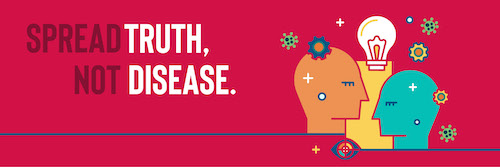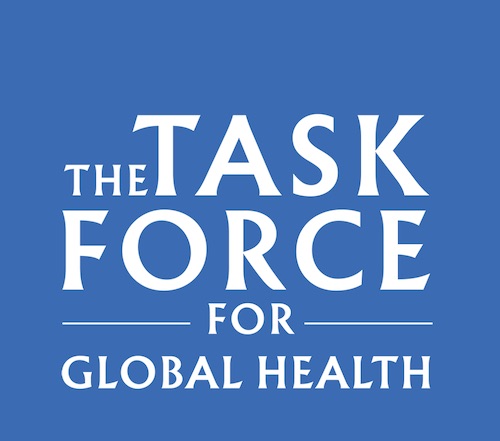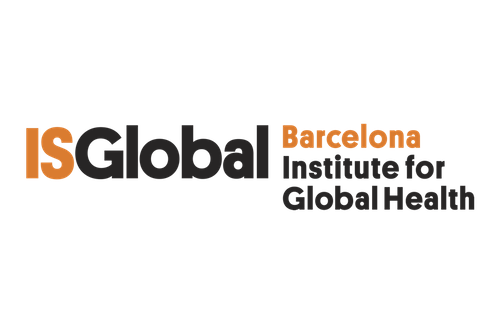Welcome back to #WeAreEmoryEPI! This week, we heard from second-year GLEPI MPH student Ursula Kajani. Read more about her experience below!
Tell us about your academic history/where you went to school.
I completed my undergraduate degree at the University of California, Berkeley, majoring in Public Health with a minor in Anthropology.
What are your primary research interests?
My primary research interests focus on implementation science for strengthening community health systems, particularly for vulnerable populations. I am especially interested in exploring these issues through the lens of climate change and its impact on health equity.
Are there any exciting projects that you are currently working on that you’d like to share with us?
During my time at Rollins, I have been fortunate to work full-time at The Carter Center in the Health Strategy, Innovation, and Program Support Unit. This experience has allowed me to apply classroom learnings directly to my work, particularly in climate change and health, as well as qualitative and quantitative data analysis. Currently, I am leveraging my skills to contribute to projects that examine the intersection of climate and health in the context of strategic program development.
What is your favorite part about earning your MPH at Emory?
The community at Rollins is truly life-changing—I’ve had the privilege of forming deep friendships with incredible peers, each bringing unique perspectives and experiences. Learning alongside such passionate and diverse individuals has enriched my education in ways beyond the classroom.
When applying, what were you looking for in a public health school, and what factors drove you to pick Rollins?
As a Returned Peace Corps Volunteer, I sought a public health school with a strong cultural fit, globally experienced faculty, and a commitment to social impact. Rollins stood out for its diverse community, cross-listing of epidemiology and global health, and opportunities for hands-on experience through partnerships with Atlanta-based organizations like The Carter Center and the CDC.
What has been your favorite class at Rollins thus far, and why?
While I have had the opportunity to take several incredible courses taught by highly knowledgeable faculty, my favorite epidemiology course was Structural Interventions. This seminar provided a deep dive into epidemiological methodologies relevant to implementation and practice, framing the field within the realities of real-world, resource-constrained settings. We critically examined the strengths and limitations of existing published structural interventions and had the opportunity to design our own viable intervention.
What advice do you have for 1st years?
Make your graduate school journey uniquely yours. If you’re unsure of your direction, explore courses that spark your interest while also building hard skills that will benefit your career. Connect with peers and professors, leverage the many opportunities Rollins offers, and don’t forget to balance academics with personal growth—take time to explore Atlanta and all it has to offer!
What are three fun facts that you want people to know about you?
- All of my plants have names assigned to their personalities.
- My ancestors would be ashamed of my cooking abilities.
- I lived in Rwanda for about 6 years and visit annually!
How have you been spending your free time?
I love going to hot yoga and have a resolution to engage in at least one nature, art, or music based activity every month – although most of my free time is spent with friends, often watching old Bollywood movies.
Thanks for sharing with us, Ursula! Stay tuned to see who we speak to next on #WeAreEmoryEPI!










Recent Comments